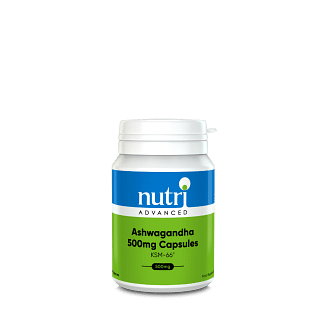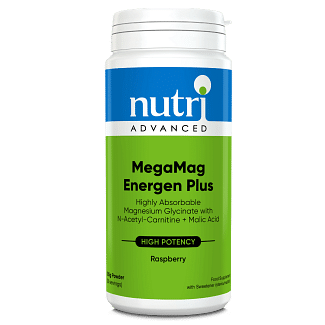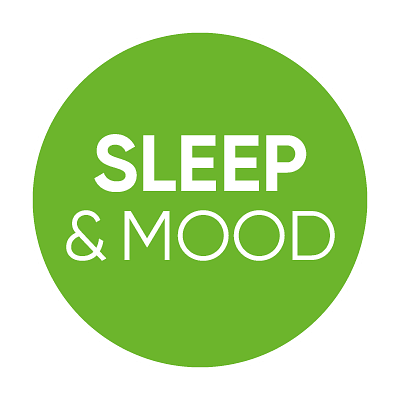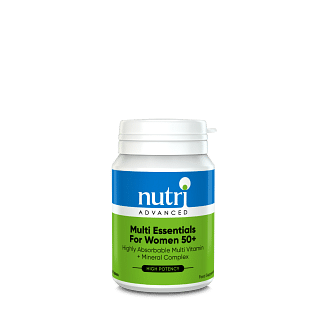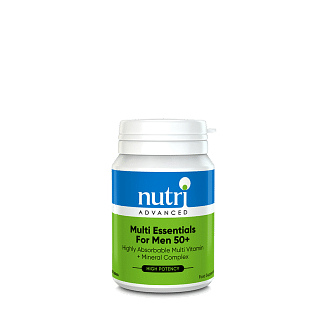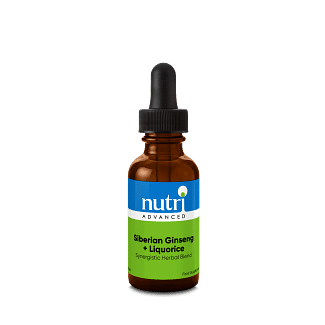All Products Containing Ashwagandha (Withania somnifera)
Ashwagandha (Withania somnifera) is an evergreen shrub with yellow flowers that is native to India, the Middle East, and some parts of Africa. Also known as ‘Indian ginseng’, or ‘winter cherry’, this herb has been used for thousands of years in Ayurvedic medicine to relieve stress, support energy levels, hormone balance, and help to improve concentration.
Ashwagandha is classed as an adaptogen, which is a specific herb or mushroom that is thought to have health benefits related to supporting the body’s stress response. It is the extracts from the roots or leaves of the Ashwagandha plant which are commonly used in teas, tinctures, or supplement form.


